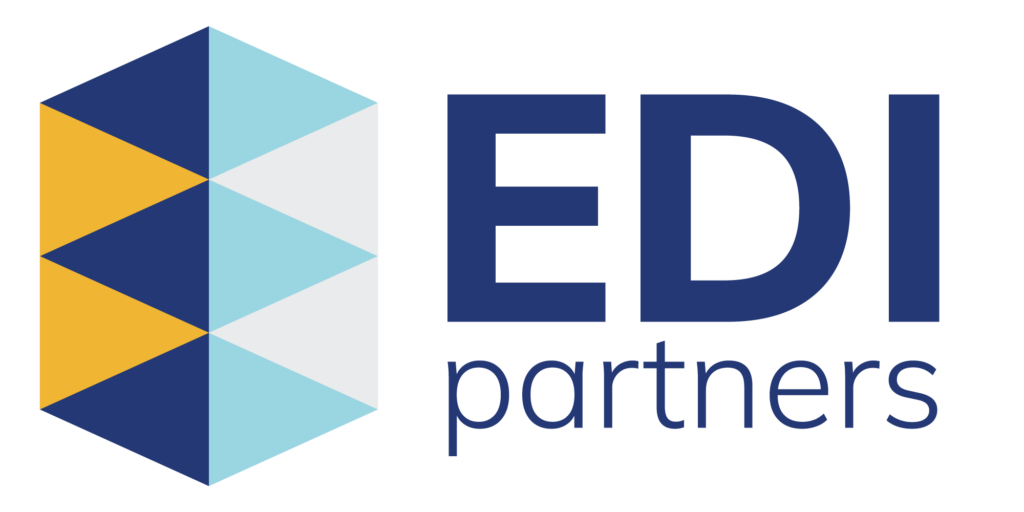Electronic Data Interchange (EDI) stands as a cornerstone for efficient communication and transaction management in modern business operations. Yet, for many organizations, implementing or upgrading EDI systems presents daunting challenges, particularly when internal resources or expertise are lacking. Enter external consultants: a valuable resource offering specialized knowledge and experience to navigate one-off EDI projects with precision and efficiency. Is your business utilizing an EDI consulting expert?
The primary allure of external consultants lies in their expertise and focused proficiency within the realm of EDI. With a deep understanding of data formats, communication protocols, mapping intricacies, and system integration nuances, these consultants bring a wealth of insights and practical wisdom to the table. Their ability to tailor solutions precisely to the unique needs and aspirations of their clients ensures that EDI initiatives align seamlessly with overarching business objectives.
Furthermore, the flexibility and scalability offered by external consultants prove indispensable for organizations seeking to optimize resource allocation. Unlike the burdensome task of cultivating and maintaining an in-house team, consultants provide a nimble, on-demand resource pool. This adaptability empowers businesses to adjust team sizes and project scopes dynamically, facilitating optimal resource utilization while minimizing unnecessary expenses.
Time-to-value holds paramount importance in the competitive landscape of business. External consultants, equipped with a fresh perspective and unbiased approach, excel at expediting the implementation process. Leveraging their experience and refined methodologies, they swiftly navigate challenges, mitigating risks, and averting potential delays. By accelerating project delivery, EDI consulting experts ensure that businesses can swiftly capitalize on their EDI investments, yielding tangible returns at an accelerated pace.
From a financial standpoint, outsourcing one-off EDI projects to external consultants presents a compelling case for cost-effectiveness. By circumventing the overhead costs associated with internal team recruitment, training, and retention, businesses can allocate resources judiciously. Additionally, consultants often operate on flexible pricing models, facilitating accurate budgeting and fostering cost control mechanisms.
In conclusion, the decision to engage external consultants for one-off EDI projects epitomizes a strategic imperative for forward-thinking organizations. Through the harnessing of specialized expertise, adaptable resources, accelerated timelines, and cost-efficient approaches, businesses can navigate the complexities of EDI implementation with confidence and finesse. By doing so, they not only enhance operational efficiency but also position themselves as leaders within their respective industries, poised for sustained success.
Let us be your EDI Consulting Expert. Contact us here: https://edi-partners.com/contact-us/
- The Crucial Role of EDI Managed Services in Retail - May 22, 2024
- 5 Key EDI Documents for Integration and Automation - May 20, 2024
- The EDI 860 Document Explained - May 17, 2024

